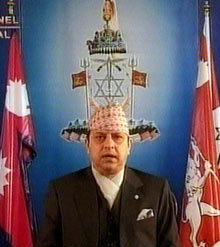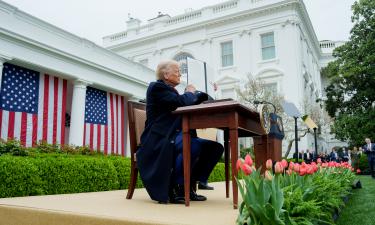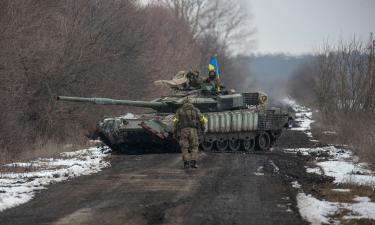Nepal rebels continue blockage
Nepal's communist rebels tightened their blockade of Nepal's key highways Wednesday after accusing the country's political opposition of betrayal for accepting King Gyanendra's offer to restore Parliament.

The Maoist insurgents had backed the opposition's nearly three-week campaign of protests against Gyanendra's royal dictatorship. However, the politicians called off the demonstrations Tuesday after the king agreed to hand power back to elected officials and apologized for the 15 people killed by security forces during the unrest.
The rebels called the move by the seven-party opposition alliance a betrayal, and on Wednesday their cadres blocked the nation's key highway between Katmandu, the capital, and the resort town of Pokhara, witnesses said.
Outside Pokhara, about 125 miles west of Katmandu, suspected Maoists torched a taxi, said officials who spoke on condition of anonymity because they were not authorized to talk to the media.
The rebels also blocked another highway in southern Nepal, along with the main supply route from the border with India, leaving many highways empty, contrary to expectations of traffic resuming to normal levels.
An Associated Press reporter at Bharatpur, about 90 miles southwest of Katmandu, said only 30 vehicles, mostly trucks, had left the town for Katmandu on Wednesday.
The Maoists have rejected Gyanendra's restoration of parliament as a ploy to keep his crown. Instead, they are demanding the election of a special assembly to write a new constitution that could limit or eliminate the monarchy's role.
The rebels say the weeks-long blockade, which has left cities short of supplies, especially fuel, will remain in place until the election for the assembly is called, reports the AP.
I.L.
Subscribe to Pravda.Ru Telegram channel, Facebook, RSS!




